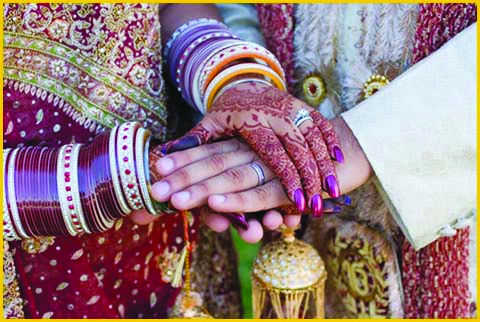
Saurabh Malik
Tribune News Service
Chandigarh, January 16
The Punjab and Haryana High Court, by setting aside a decree of mutual divorce in a path-breaking judgment, has made it clear that there is always scope for a U-turn in marriage even after a couple has parted ways and that they can mend bridges after having burnt these.
The Bench, for the purpose, has crossed the legal hurdle imposed by the Code of Civil Procedure, which bars appeal against a decree passed by a court with the consent of parties.
When the couple married in July 2014 at Bahadurgarh in Jhajjar district and decided to split four years later due to temperamental differences, little did they realise that their decision was divorced from reality. Realising their mistake of getting a decree of divorce, they later resolved to bury the past and live together for the better future of their only child.
In her petition filed through counsel Dhiraj Chawla, the wife asked for directions to set aside the judgment and decree of divorce granted by the trial court under Section 13-B of the Hindu Marriage Act.
Taking up the matter, Justice Rakesh Kumar Jain and Justice Anupinder Singh Grewal asserted that the case had thrown an interesting proposition for adjudication. The question before the Bench was whether an appeal was maintainable against a judgment by which decree of divorce was granted by the trial court in case of mutual consent.
At the first instance, the Bench asked Chawla how to cross the hurdle created by Section 96(3) of the Code of Civil Procedure as it provided that appeal would not lie against a decree passed with the consent of parties.
Since the decree was passed with consent under Section 13-B of the Act, the appeal was not maintainable. In response, Chawla referred to a judgment passed by a Division Bench of the High Court, in which it was decided that appeal against a consent decree passed under Section 13-B was appealable and sub-section 3 of Section 96 was no bar.
Accepting the argument, the Bench went on to interact with the couple present in court. The two categorically stated that they had committed a serious mistake of obtaining a decree of divorce because of unfounded emotions and momentary temperamental differences and were now repenting.
Expressing happiness over the developments, the Bench added that a duty was cast on the court to make all endeavors for reconciliation between the parties.



























